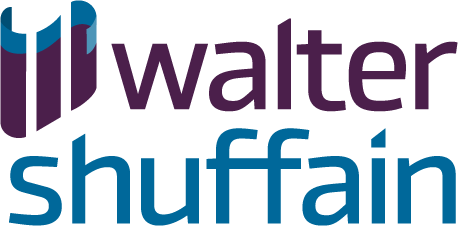If you are in possession of business or investment property or looking to exchange real property for others, you might want to get acquainted with “like-kind exchanges,” also known as a 1031 exchange. As with all tax codes, changes are consistently made to clarify previous unclear areas or adjust the language based on a new policy. In 2020, there were some larger changes noted to section 1031 of the tax code, which deals with like-kind exchanges of real property.
Here are some of the bigger changes.
- Defining “Real Property.” In the past, the definition of real property held more ambiguity, and there was little deference to the state and local definitions. The new language allows real property to be defined by local and state guidelines in addition to the list included in the final regulations and property that passes a facts and circumstances test. The final regulations include categories such as “land and improvements to land, unsevered natural products of land, and water and airspace superjacent to land.” Note that property previously excluded prior to the 2017 TCJA is still excluded.
- Inherently Permanent. The “purpose or use test” that was previously required to determine whether the property contributed to unrelated income is no longer applicable. Instead, the final rules state that if the tangible property is both permanently affixed and will remain affixed to the real property indefinitely, it’s considered inherently permanent and a part of the real property. Note, this does not automatically include installed appliances, sheds, carports, Wi-Fi systems, and trade fixtures. In addition, if interconnected assets serve an inherently permanent structure together, they are now analyzed as one distinct asset. (e.g., a gas line powering a heating unit would qualify as part of the heating unit. However, if the gas line solely powered a stove or oven, it would not qualify).
- Facts and Circumstances Test. For fixtures and assets not automatically included by the Inherently Permanent rule, use the facts and circumstances test to determine if it’s eligible to be considered a part of the real property. For each fixture, ask:
– Is the asset designed to be removed?
– Would removing it cause damage to the real property?
– What would be the time and/or expense required to move the asset?
– Are there any circumstances that suggest the fixture is expected to be attached for a finite period? - Incidental Property. In the past, non-real property that could be transferred as part of an exchange could potentially violate the escrow rules allowing for a Qualified Intermediary to facilitate an exchange not made in real-time (a third-party exchange). The new regulations now allow some leeway, defining that if the fixtures or non-real property is deemed as typical for the type of property transfer, or if the aggravate value does not exceed 15 percent of the fair market value of the real property, it is considered incidental and will not be in violation of the escrow rules. Keep in mind, the real property is still considered a separate transaction and not included in the gains deferment of the exchanged real property.
- Qualified Intermediaries. The new regulations maintain the transaction must be structured as an exchange and that the seller cannot receive funds from the sale before taking ownership of the new property. Qualified intermediaries can hold the properties or funds in an escrow within the time limit, so that the transaction looks like an exchange.
Most of the time, the sale of any investment property, which is property not considered your primary residence, can result in capital gains tax. Using a 1031 like-kind exchange can help defer that tax until later and possible result in a lower tax liability down the road.
On April 28, 2021, President Biden introduced a new economic plan that would impact 1031 exchanges. The Biden proposal would abolish 1031 exchanges on real-estate profits of more than $500,000. As we move further into 2021, we will continue to monitor the impact.
If you would like to discuss tax strategies in business or investment properties, give us a call. Our team can help you understand if the decision you are making falls in line with applicable tax laws and if it’s the best strategy for your real property investments.
